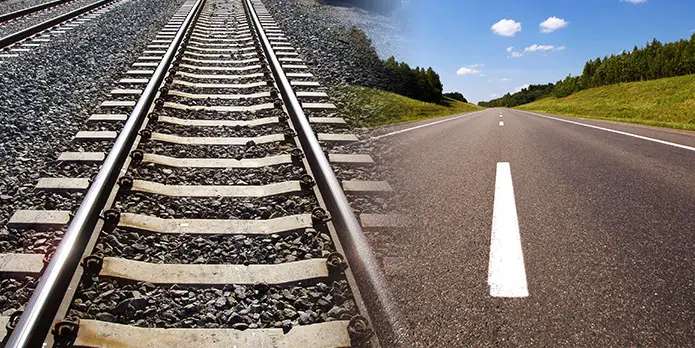The government is set to receive a US$ 119M loan from the ECOWAS Bank for Investment and Development (EBID) to finance three transport infrastructure projects in Senegal following the signing of a loan agreement between the Senegalese Minister of Economy, Planning, and Cooperation, Amadou Hott, and the Vice-President of the EBID, Mabouba Diagne.
The projects in question concern both road and rail transport infrastructure, particularly the upgrading of the corridor connecting Mali and Senegal, the construction of a bridge at the railway terminus of the Blaise Diagne International Airport (AIBD).
The loan will also be used to finance the annual road program carried out by the Fonds d ‘ autonomous road maintenance (FERA).
Cost of each project
The rehabilitation of the Senegal-Mali corridor will require an investment of close to US$ 83M, US$ 60M of which will be contributed by the ECOWAS banking institution and the rest by the Senegalese government.
Also Read: Tshesebe-Masunga road construction project in Botswana to resume
The overall cost of the construction of the bridge is estimated at US$ 16. 3M, 94.4% of which will be contributed by the EBID. According to the Senegalese Minister of the Economy this project involves several components including the construction of a 185 meters pedestrian bridge connecting the station of the Train Express Regional (TER) station to the AIBD terminal.
It also includes the construction of technical and commercial premises located on either side of the bridge, public spaces, halls and services, passenger buildings, ancillary services, and operations such as reception.
The implementation period for this project is 18 months.
Lastly, the total investment required for the road infrastructure development program by FERA is approximately CFAF 39 billion. EBID will contribute CFAF 25 billion.
Expectations for the project
The execution of these three projects is expected to help ensure a regular transport service on the targeted sections. For example in the Senegal-Mali corridor, it is hoped that the works will reduce the overall costs of transport between the two neighboring West African countries.
97

Leave a Reply